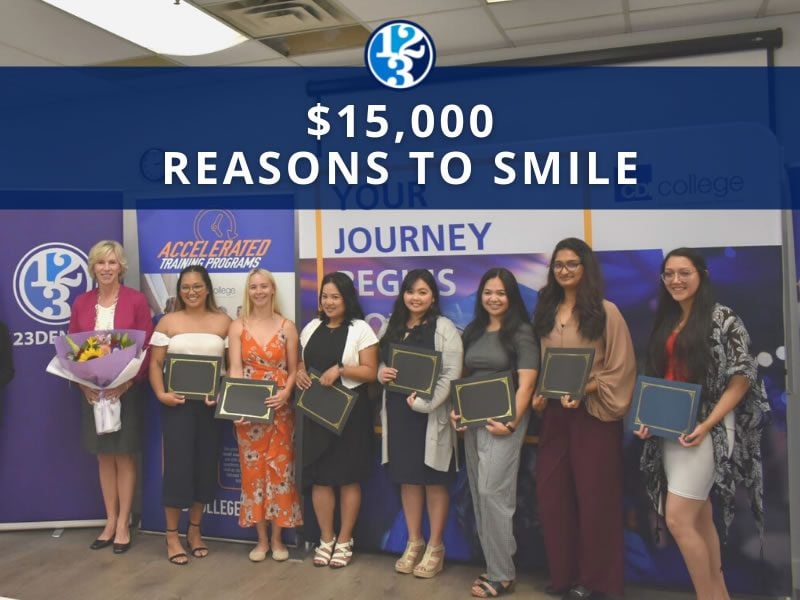A team of scientists from B.C., along with the help of dentists and doctors from UBC, SFU, Vancouver General Hospital and the BC Cancer Agency, may have discovered a way to improve early oral cancer detection.
While there have been technological advancements in early oral cancer detection, like the VELscope exams, there is usually a delayed response in diagnosing a patient for oral cancer. Therefore, in case the lesions in your mouth are not cancerous, dentists don’t want to immediately recommend surgery in order to avoid unnecessary treatment or pain. On the other hand, this puts the people who have cancerous lesions at risk for a delayed response for oral cancer treatment.
According to a recent article posted in the Vancouver Sun, B.C. scientists have been doing an oral cancer study for the past 10 years involving 400 people with lesions in their mouth to address this current problem. What they found was a change in a person’s DNA structure for specific genes, depending on if the lesion was cancerous or not.
They also found that the level of risk that the person was at for oral cancer could be determined using the DNA from these gene structures. Using this information, the scientists could then classify patients into high, medium and low risks for oral cancer— giving the highest level of treatment to those with a high risk and avoiding painful procedures for patients with a low risk.
Oral cancer affects 4,000 Canadians every year, making it more common than brain, stomach or cervical cancer. Oral cancer is often treated in its later stages, at which point the patient will usually have to undergo surgery. The results from this study could improve early oral cancer detection by helping dentists diagnose a patient early and provide them with the oral cancer treatment they require depending on their individual level of risk.






